-
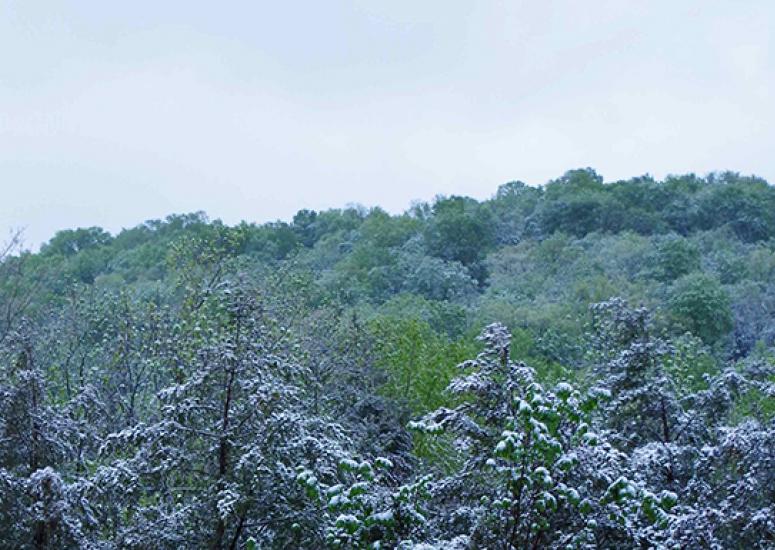
Putting this spring’s cold in context
The last month has seen a trail of smashed records across the central United States, as pulse after pulse of cold air careened down the Great Plains. How does this fit into the bigger picture of a warming U.S. climate?
- Climate,
- Weather
-
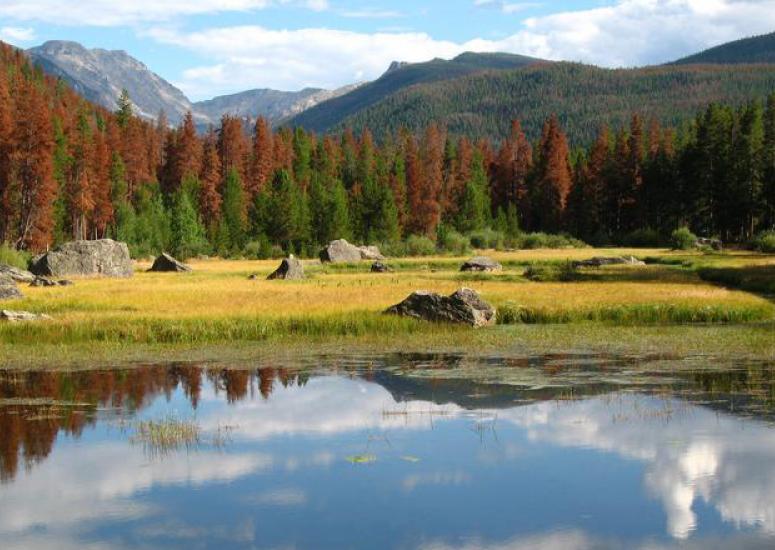
The bark beetle blues
Forests across western North America have been ravaged by the most extensive bark beetle attacks on record. Scientists are getting a better handle on what comes next—and the answers aren’t as straightforward as they expected.
- Climate
-
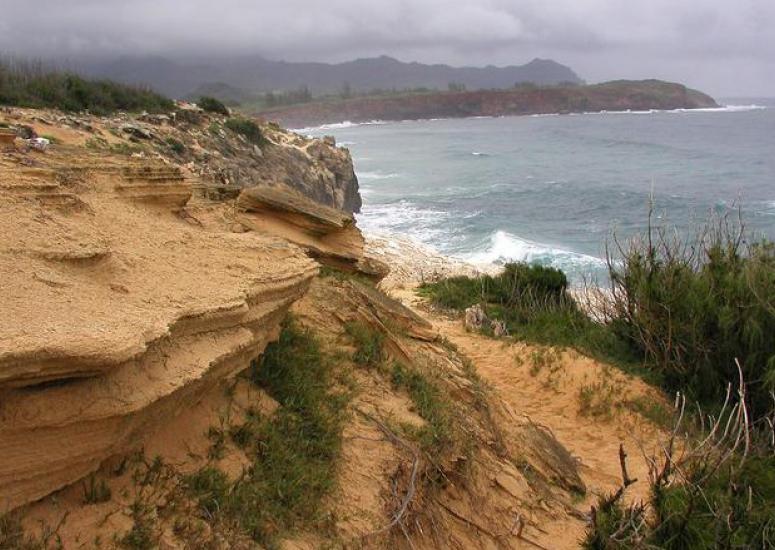
Cutting specific pollutants would slow sea level rise
Reducing emissions of four shorter-lived pollutants could slow the annual rate of sea level rise by up to 50 percent.
- Climate
-
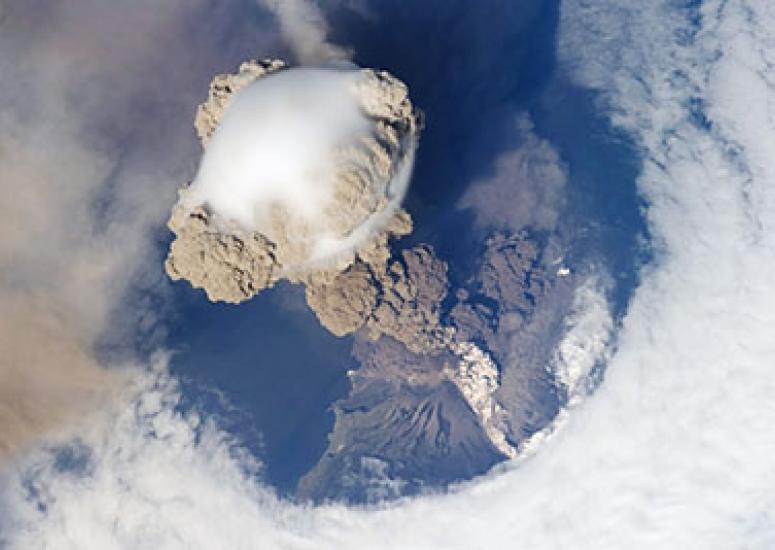
Small volcanoes make big impact on climate
A new study by an NCAR researcher shows that small- to moderate-size volcanoes have helped slow down warming over the last decade, while industrial emissions of Sun-blocking sulfur dioxide over Asia have contributed relatively little to the slowdown.
- Climate,
- Air Quality
-
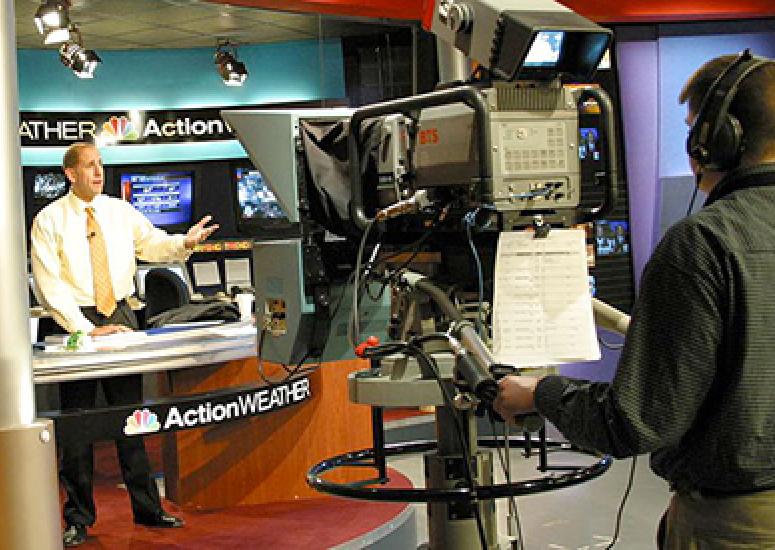
Climate change, conflict, and TV weather
Broadcast meteorologists are a leading source of information about the atmosphere for the public, but many avoid mentioning global warming. New research finds barriers that may keep them from addressing the science of climate change on the air.
- Climate
